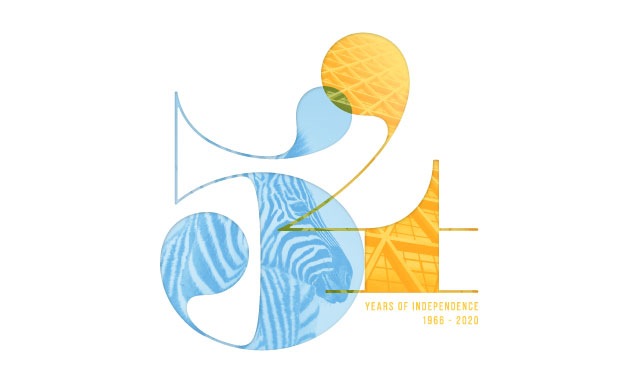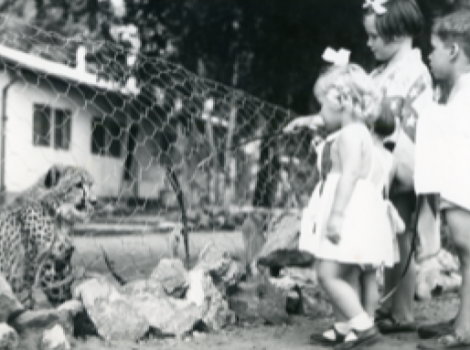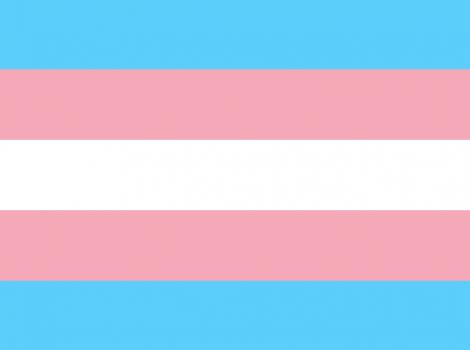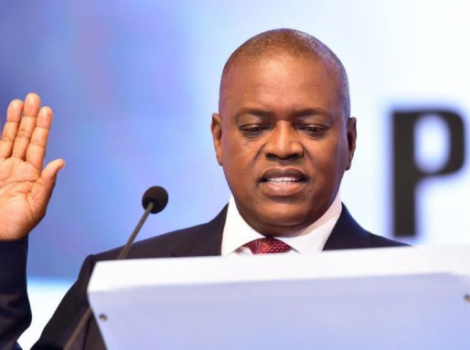
On this day 54 years ago, the Republic of Botswana gained its independence from Britain. Before its independence in 1966, Botswana was a British protectorate known as Bechuanaland. It was also one of the poorest and least-developed states in the world. Following 80 years as a British protectorate, Bechuanaland attained self-government in 1965, becoming the independent Republic of Botswana on September 30, 1966, maintaining a position of stability and harmony ever since.
Here we chart in chronological order, a list of key events in Botswana’s history.
1867 – European gold prospectors arrive, mining begins.
1885 – British proclaim a protectorate called Bechuanaland.
1890 – British protectorate is extended to Chobe river.
1950 – Chief of the Ngwato, Seretse Khama, is deposed and exiled by the British.
1952 – Rioters protest at Seretse Khama’s exile.
1959 – Copper mines are established.
1960 – Bechuanaland People’s Party (BPP) is established.
1960 – December – Britain approves new constitution for Bechuanaland. Executive Council, Legislative Council and African Council are established.
1961 – Seretse Khama appointed to Executive Council.
1962 – Seretse Khama founds Bechuanaland Democratic Party (BDP), later to become Botswana Democratic Party.
1965 – Gaborone becomes the administrative centre.
1965 – BDP wins legislative elections, first to be held under universal adult suffrage. Seretse Khama becomes prime minister.
Independence
1966 September – Bechuanaland is granted independence and becomes the Republic of Botswana with Seretse Khama as president. Botswana’s first president, Sir Seretse Khama:
- Served as Botswana’s first president (1966-80)
- Became chief at age of four
- Forced into exile by Britain after marrying an English woman, Ruth Williams
- On his return, negotiated terms of independence
- Promoted multiracial democracy
1967 – Diamonds discovered in Orapa.
1969 August – BDP wins general election. Khama is re-elected for another term.
1977 January – UN Security Council resolution demands Rhodesian hostilities on Botswana border cease.
1977 March – Botswana Defence Force is established.
1979 October – General elections: BDP wins the majority, Khama is re-elected as president.
1980 – Botswana is a founder member of Southern African Development Coordination Conference (SADCC) grouping, which aims to reduce the region’s economic reliance on South Africa.
1980 – President Seretse Khama dies. Quett Masire, former vice-president, is made president after National Assembly vote.
1984 September – General elections: BDP wins the majority, Quett Masire is re-elected as president.
1985 June – Buildings in Gaborone are raided and 12 people are killed by South African forces seeking alleged ANC members. Action is condemned by the UN Security Council.
1989 October – General elections; BDP wins the majority. National Assembly re-elects Masire as president.
1991 – 12,000 public sector workers sacked after strike action calling for increased wages.
1994 October – Legislative elections: BDP secures 53% of the vote. Masire re-elected by National Assembly.
Kalahari relocations
1995 – Government begins relocating thousands of bushmen to settlements outside Central Kalahari Game Reserve.
1997 – Constitutional amendments approved. The Presidency is limited to two five-year terms. Voting age lowered from 21 to 18.
1998 March/April – Masire resigns as president and retires. Festus Mogae, formerly vice president, becomes president under new constitutional arrangements.
1998 June – Botswana Congress Party established after the split opposition, BNF and is declared official opposition after most BNF deputies switch allegiance.
1999 September – Six-day state of emergency declared to resolve voter registration problem.
1999 October – General elections: BDP wins the majority, Festus Mogae is confirmed as president.
1999 December – International Court of Justice grants control of Sedudu-Kasikili – a river island disputed by Botswana and Namibia – to Botswana.
2000 February/March – Devastating floods: More than 60,000 are made homeless.
Battle against Aids
2000 August – President Mogae says Aids drugs will be made available free of charge from 2001.
2001 March – National diamond corporation, Debswana, says it will subsidise drugs for workers with Aids.
2002 March – Kalahari bushmen take the government to court to challenge a forced eviction from their land; the case is dismissed on a technicality.
2003 September – Botswana begins erecting a fence along its border with Zimbabwe to stem an influx of Zimbabwean illegal immigrants.
2004 March – HIV infection rate falls to 37.5%; Botswana no longer has the world’s highest rate of infection.
2004 August – Workers at Botswana’s largest diamond-mining company strike over pay, after a court rules that such action is illegal. Some 1,000 workers are sacked.
2004 October – President Mogae secures a second term in a landslide election victory.
2006 December – A group of Bushmen wins a four-year legal battle to hold on to their ancestral lands.
2008 March – Botswana launches its own diamond trading company – the Diamond Trading Company Botswana (DTCB).
2008 April – Seretse Khama Ian Khama takes over as president.
2008 October – Botswana’s former President Festus Mogae wins a $5m prize set up to encourage good governance in Africa.
2009 April – Botswana says it will halve diamond production because of falling demands for gems.
2009 October – Ruling BDP party wins this elections and another 5-year term for President Khama.
2009 November – Botswana stages a substantial economic recovery after stepping up diamond production again, a bank reports.
Diamond move
De Beers moved its rough stone sales division from London to Botswana in 2013
2010 November – Human rights group Survival International calls for a boycott of Botswanan diamonds, accusing the government of trying to force Basarwa bushmen away from their ancestral lands.
2011 January – An appeals court in Botswana overturns a July 2010 order depriving the indigenous Basarwa Bushmen of the right to drill for water on their ancestral land.
2011 April – Civil servants begin what becomes a two-month strike over pay.
2012 January – Talks by three main opposition parties aimed at forming coalition fail, destroying hopes of challenge to ruling Botswana Democratic Party.
2012 November – Government says it will ban the commercial hunting of wildlife from 2014, citing a sharp decline in animal populations.
2013 November – Global diamond giant De Beers completes the move of its rough stone sales operation from London to Gaborone, in what is seen as a step towards turning Botswana into one of the world’s top diamond hubs.
2014 July – Opposition leader Gomolemo Motswaledi dies in a car crash, just weeks before the general election. Police say it was an accident, his party suspects foul play.
2014 September – Editor of the Sunday Standard is arrested after the paper reported that the president was involved in a car accident.
2014 October – Ruling Botswana Democratic Party (BDP) wins the general elections with 33 of the 57 seats, giving Ian Khama a second term as president.
2014 November – Gay rights group wins legal recognition.
2018 April – Mokgweetsi Masisi becomes president and leader of the governing Botswana Democratic Party.
2019 October – After serving 18 months as president, HE MEK Masisi led the ruling party, the BDP to victory in the ‘fiercely contested’ national elections. In truth, the BDP claimed 38 out of the Parliament’s 57 directly elected seats.
2019 October – Scientists traced back “the origins of humankind” to northern Botswana, in an area south of the Zambezi basin.
Happy 54 years of independence, Botswana! A Pula e ne!



